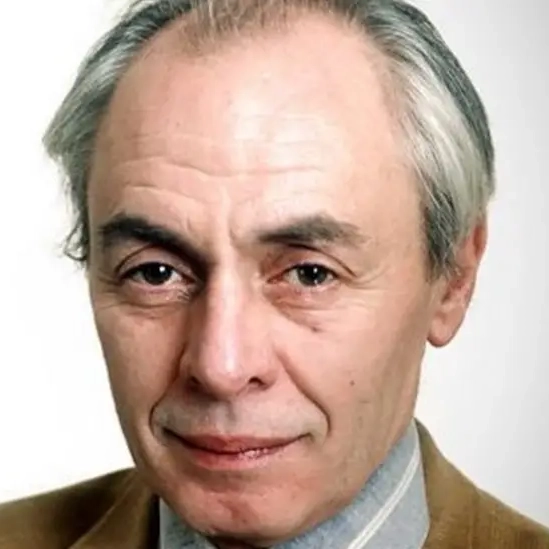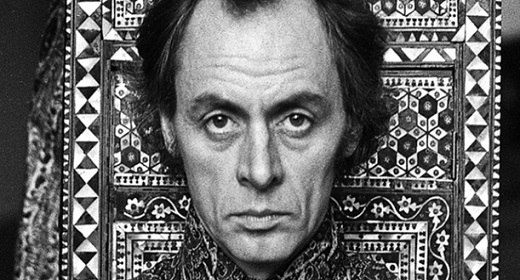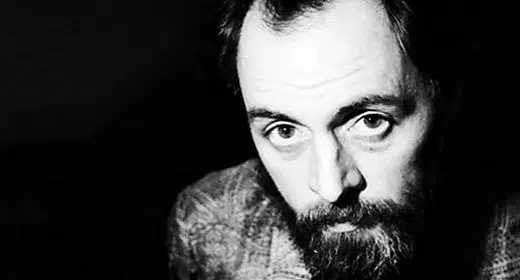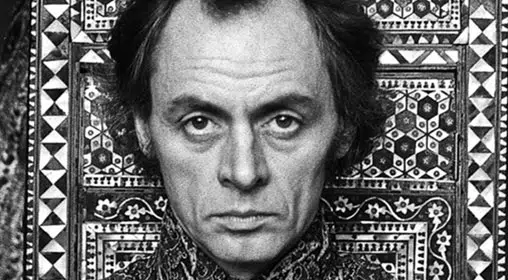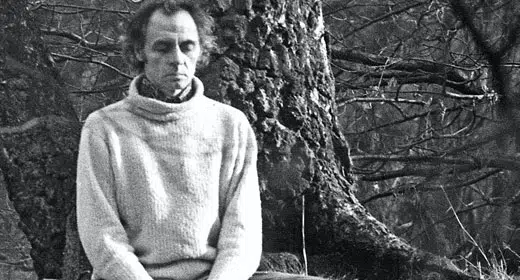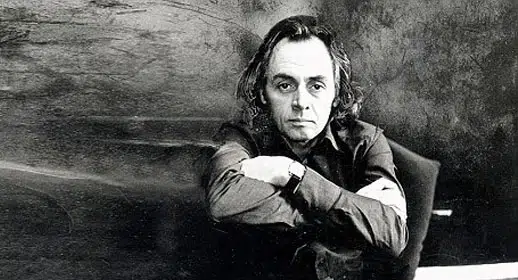Ronald David Laing (7 October 1927 – 23 August 1989) usually cited as R. D. Laing, was a Scottish psychiatrist who wrote extensively on mental illness in particular, the experience of psychosis. Laing’s views on the causes and treatment of serious mental dysfunction, greatly influenced by existential philosophy, ran counter to the psychiatric orthodoxy of the day.
Laing was seen as an important figure in the anti-psychiatry movement although he never denied the value of treating mental distress. He challenged the core values of a practice of psychiatry which he thought considered mental illness as a biological phenomenon without regard for social, intellectual and cultural dimensions.
He also challenged psychiatric diagnosis itself, arguing that diagnosis of a mental disorder contradicted accepted medical procedure: diagnosis was made on the basis of behavior or conduct, and examination and ancillary tests that traditionally precede the diagnosis of viable pathologies (like broken bones or pneumonia) occurred after the diagnosis of mental disorder (if at all). Hence, according to Laing, psychiatry was founded on a false epistemology: illness diagnosed by conduct, but treated biologically.
He published a number of books in the 1960s and 1970s, including the groundbreaking The Divided Self (1960) and The Self and Others (1961). Laing’s stated intention was to “make madness, and the process of madness, comprehensible”, and he argued that mental illness was often a reaction to an individual’s inability to cope with family and social pressures. He was also one of the founders of the Philadelphia Association, which offered alternative approaches to the treatment of mental health at a number of residential communities.

